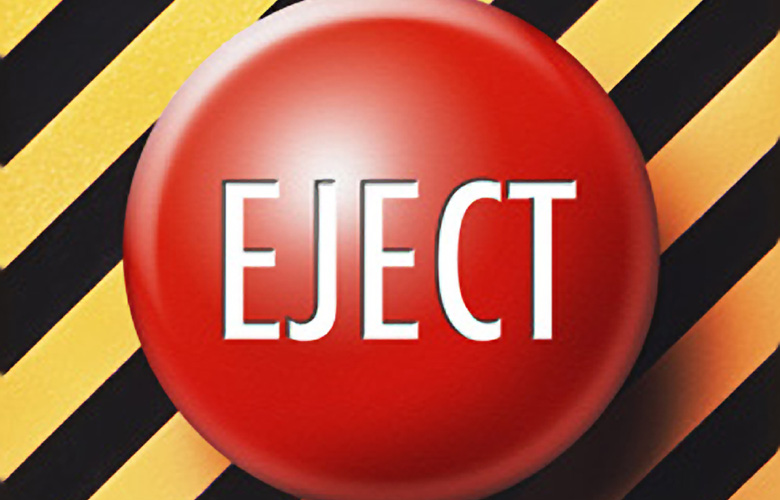
I recently had coffee with a former intern. He’s halfway through law school, has had a couple law related internships and realizes there’s no way he wants to be an attorney. Yet, he plans to finish school, because of his sunk costs — he’s already invested a year and a half and a lot of money to attain his degree (not to mention his parents’ expectations).
Continuing with his law degree would be the normal course of action. How many times have you sat through a movie you disliked, because you paid for the ticket and you already watched half of it? How about staying in your job, because it’s what you went to school for and you don’t want to waste all the time and money you spent on your degree?
I invested about $200K in a technology solution. When it was 90% completed, it was very cumbersome and our clients were indicating that it wasn’t something they’d purchase. All indications were that this was unlikely to work. Yet, we continued our development because we had invested so much money and we only needed to invest about $20K more. Like investors who keep buying more stock as a company plummets, I wanted to leverage my sunk costs — what I’d already invested. So I wasted more.
This all relates to sunk costs. These are investments you’ve made that you’ll never recover. If all of us were rational (which I’m certainly not), sunk costs wouldn’t be a factor in whether or not we invest further in a project. It doesn’t matter that we spent $200K on a technology and we only needed to invest a little bit more. Same thing for the year and a half invested in school.
This is much easier written than done, and, of course you need to be in an environment (or create one if you’re a manager) where admitting a mistake and making this type of change is acceptable. This is hard. In some workplaces, probably impossible.
What’s easy is to make sure we constantly evaluate why we’re personally staying the course. If we’re only moving forward because of how much we’ve already invested, it may be time to make a tough decision — to quit.
What do you think?


